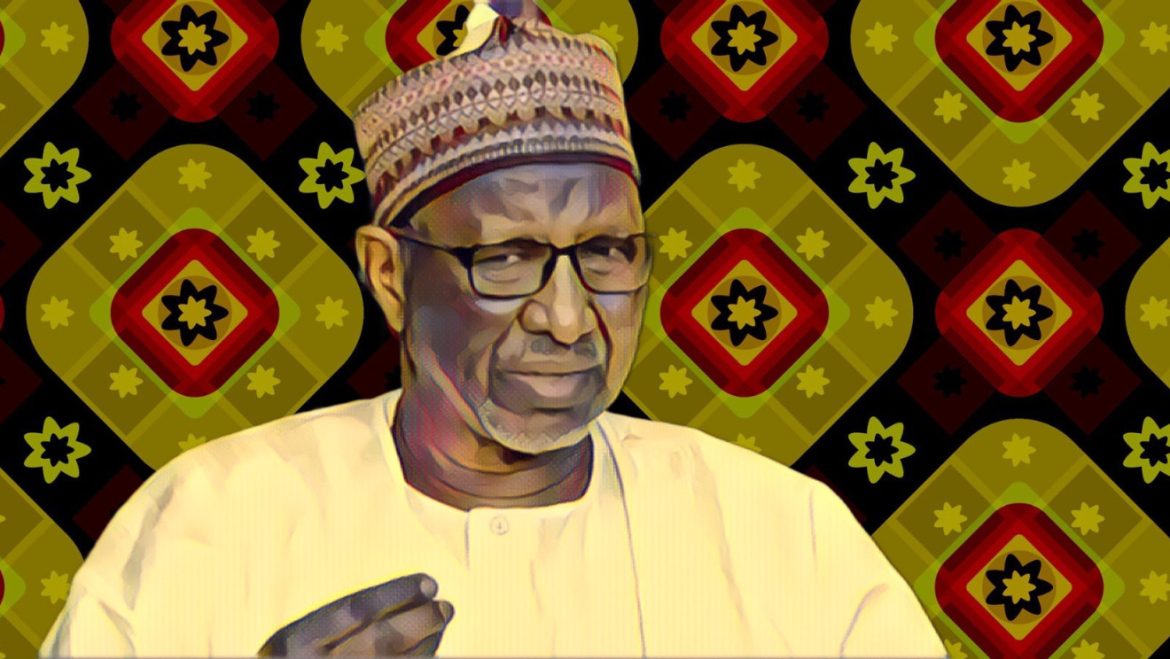In a candid interview on Channels Television’s “Politics Today,” former House of Representatives member Usman Bugaje has voiced concerns over President Bola Tinubu’s readiness for the consequences of ending Nigeria’s fuel subsidy. The move, announced during Tinubu’s inauguration, has since led to a sharp increase in living costs and tripled fuel prices, affecting millions across the nation.
Bugaje, reflecting on the government’s approach, suggested that the Tinubu administration might have acted hastily, without a comprehensive plan to mitigate the fallout from such a significant economic adjustment. “We had expected the new government to come in with a solid strategy, especially given the bold step of removing the fuel subsidy. It’s critical to foresee the repercussions of policy changes and to have measures in place to soften the blow for the citizens. Unfortunately, it seems this was overlooked,” Bugaje stated.
The former lawmaker did not mince words when discussing the current administration’s connection with the populace, indicating a gap between government officials and the everyday realities Nigerians face. He criticized the circle around President Tinubu for what he perceives as a lack of innovative solutions to the country’s pressing issues, including the economic strain triggered by the subsidy removal.
“There appears to be a disconnect, with officials seemingly insulated from the struggles of the average Nigerian. The advice and solutions provided to the President seem to be coming from a place of sycophancy rather than practical understanding and problem-solving,” Bugaje added. He underscored the importance of honest and constructive dialogue within the leadership to navigate the nation through its challenges effectively.
Bugaje also touched on the broader impact of these policies on societal morale, suggesting that to gauge the public sentiment, one might simply need to listen to the conversations in places of worship. His comments reflect a deep concern for the socio-economic wellbeing of Nigerians and call for a more engaged, informed, and responsive governance approach.
As Nigeria grapples with the adjustments following the fuel subsidy removal and the naira’s floating, the Tinubu administration faces mounting pressure to articulate and implement strategies that can alleviate the hardships experienced by many. The situation calls for a blend of economic expertise, empathetic governance, and open channels of communication between the government and its citizens to foster resilience and progress amid change.
This critical perspective from a former lawmaker sheds light on the complexities and challenges of policy-making in Nigeria, emphasizing the need for thorough preparation, robust support systems, and genuine engagement with the populace to ensure policies serve the nation’s best interests. As discussions continue, the focus remains on how the current administration will address these immediate concerns and lay the groundwork for sustainable economic growth and social stability.


